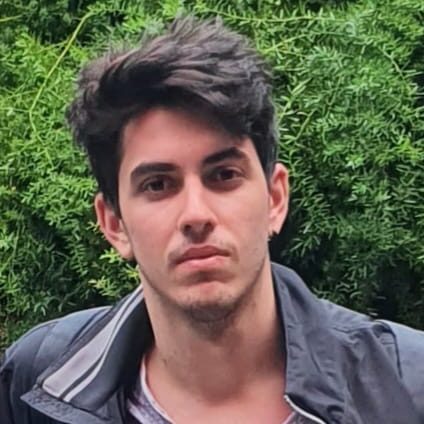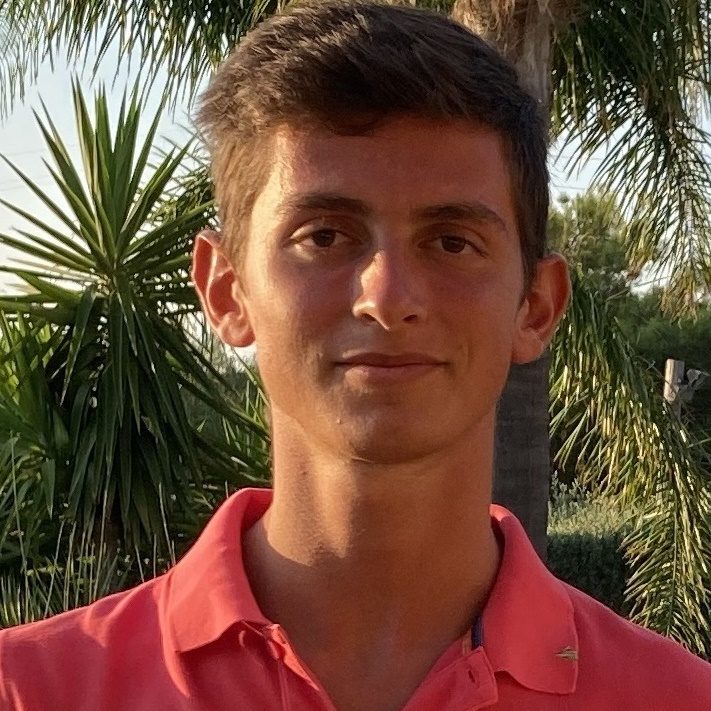Sample Rate Conversion
Bridging the Gap in Multi-Device Audio Environments
Sample Rate Conversion (SRC) is a key component of digital audio processing that lets you change how many samples per second are used to represent a stream. It is fundamental when you need to make audio from one system work with another that uses a different sample rate. Getting SRC right is crucial in lots of audio applications, particularly in environments where multiple audio devices coexist, each potentially functioning with its own clock frequency.
The importance of SRC stems from three main factors: 1) preventing pitch distortion; in fact, running an audio stream at an incorrect rate can alter pitch or the relative relationships between pitches. 2) Maintaining synchronization, i.e., ensuring different devices remain in step with one another and 3) compensating for clock drift by accounting for slight frequency variations between devices nominally operating at the same frequency.
This presentation will begin with an introduction to the fundamental principles of SRC. Following this, we will showcase our software-defined SRC solution. To demonstrate its efficacy, we will provide a simple demonstration using a real audio stream, highlighting the performance and capabilities of our implementation.
The goal for this talk is to give attendees a comprehensive understanding of SRC's importance in audio processing and to showcase its practical application in addressing synchronization challenges across different audio devices.

Christian Gilli
I'm a software engineer with 6+ years of experience working on high-performance implementations of DSP algorithms for audio applications in C++. I worked as a consultant for DirectOut GmbH where, together with my co-author, we developed among other things a real-time warped FIR filter for on an ARM-based device.
Right now, I spend most of my time working on writing high-performance numerical software for DSP applications on heterogeneous platforms.

Michele Mirabella
Michele Mirabella received the B.S. degree (cum laude) in electronic engineering from the University of Modena and Reggio Emilia, Italy, in 2019, and the M.S. degree (cum laude) in electronic engineering from the University of Bologna in 2021. He is currently pursuing the Ph.D. degree with the University of Modena and Reggio Emilia, Italy. His main research interests lie in the area of joint communication and sensing systems.